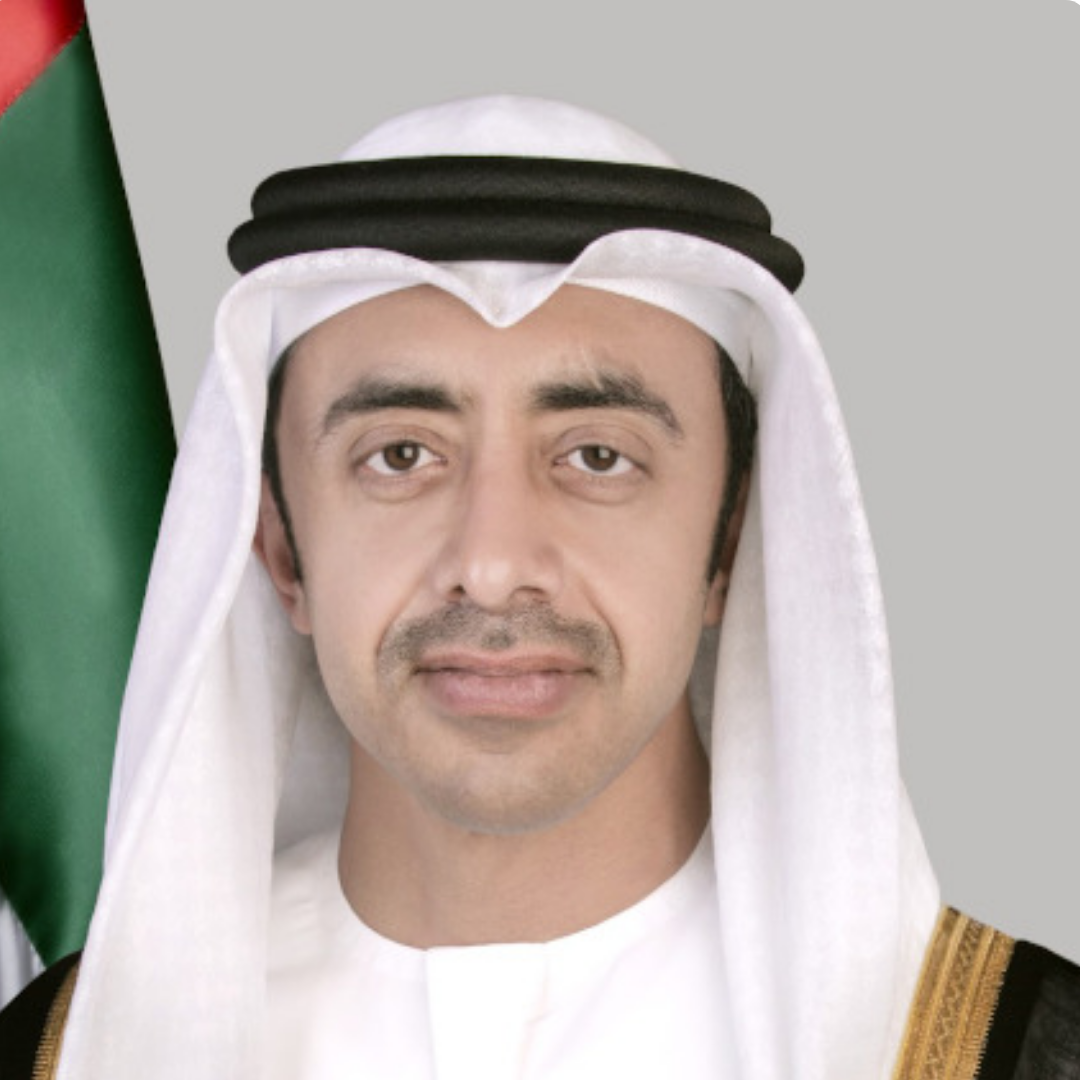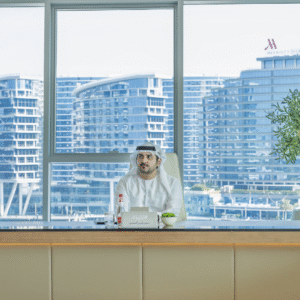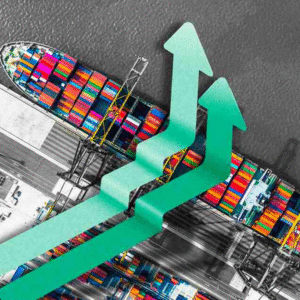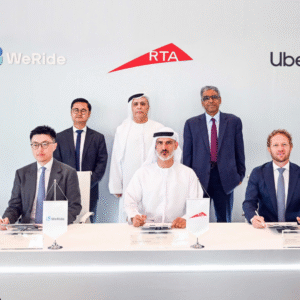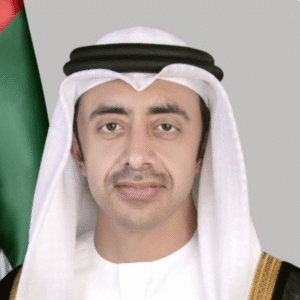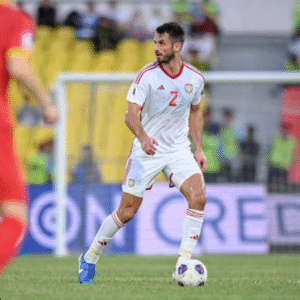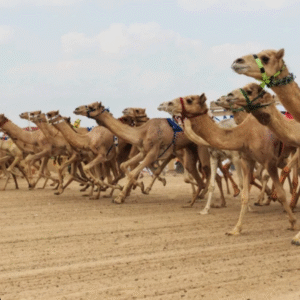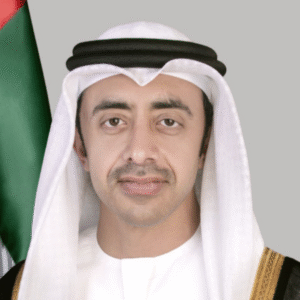In the wake of escalating tensions in the Middle East following Israel’s strike on Iran, two key diplomatic powerhouses connected across borders—His Highness Sheikh Abdullah bin Zayed Al Nahyan, the UAE’s Deputy Prime Minister and Minister of Foreign Affairs, and Dr. Subrahmanyam Jaishankar, India’s Minister of External Affairs. Their recent phone call was more than just a conversation—it was a beacon of regional sanity, sounding a unified call for de-escalation, dialogue, and diplomacy in an increasingly volatile geopolitical climate.
The timing of this high-level exchange couldn’t have been more crucial. With the Middle East teetering on the edge of broader conflict, the UAE and India stepped up to the global stage, advocating for measured diplomacy over reckless escalation. Both leaders shared a deep concern over the current state of affairs, especially in light of the Israeli military operation against Iran, which has rippled instability across a region already fraught with tensions.
Their conversation underscored the importance of strategic restraint, urging all stakeholders to prioritize peaceful solutions and avoid dragging the region into further turmoil. Sheikh Abdullah reaffirmed the UAE’s unwavering commitment to promoting regional peace and international security, while Dr. Jaishankar echoed India’s support for any initiative that brings stability and reduces hostilities. Together, they championed the idea that diplomacy remains the most powerful tool in preventing conflict.
Their alignment also reflects the growing geopolitical synergy between the UAE and India—a partnership rooted not only in trade and technology but also in shared values of peaceful coexistence and regional cooperation. In a time where rash decisions can ignite far-reaching consequences, this call between Abu Dhabi and New Delhi stood as a testament to level-headed leadership.
As global powers watch the Middle East closely, the UAE and India have made one thing clear: peace is not passive—it’s pursued.

